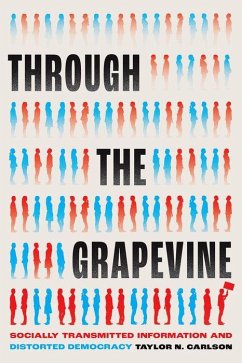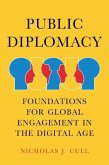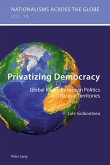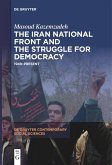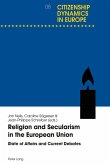"Accurate information about politics is at the heart of democratic functioning. For decades, those concerned with the information environment have understandably focused on mass media, but many Americans do not learn about politics from direct engagement with the news. Indeed, about one-third of Americans learn about politics from socially transmitted information they acquire from conversations with others and social media. How does socially transmitted information differ from information communicated by mass media? And what are the consequences for political behavior? Drawing on evidence from experiments, surveys, and Twitter, Taylor Carlson finds that, as information flows from the media to person to person, it becomes sparse, more biased, less accurate, and more mobilizing. The result is what Carlson calls distorted democracy. Although socially transmitted information does not necessarily render democracy dysfunctional, it does contribute to a public that is at once underinformed, polarized, and engaged"--
Bitte wählen Sie Ihr Anliegen aus.
Rechnungen
Retourenschein anfordern
Bestellstatus
Storno

